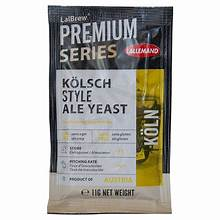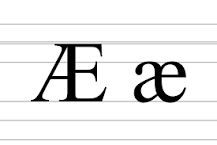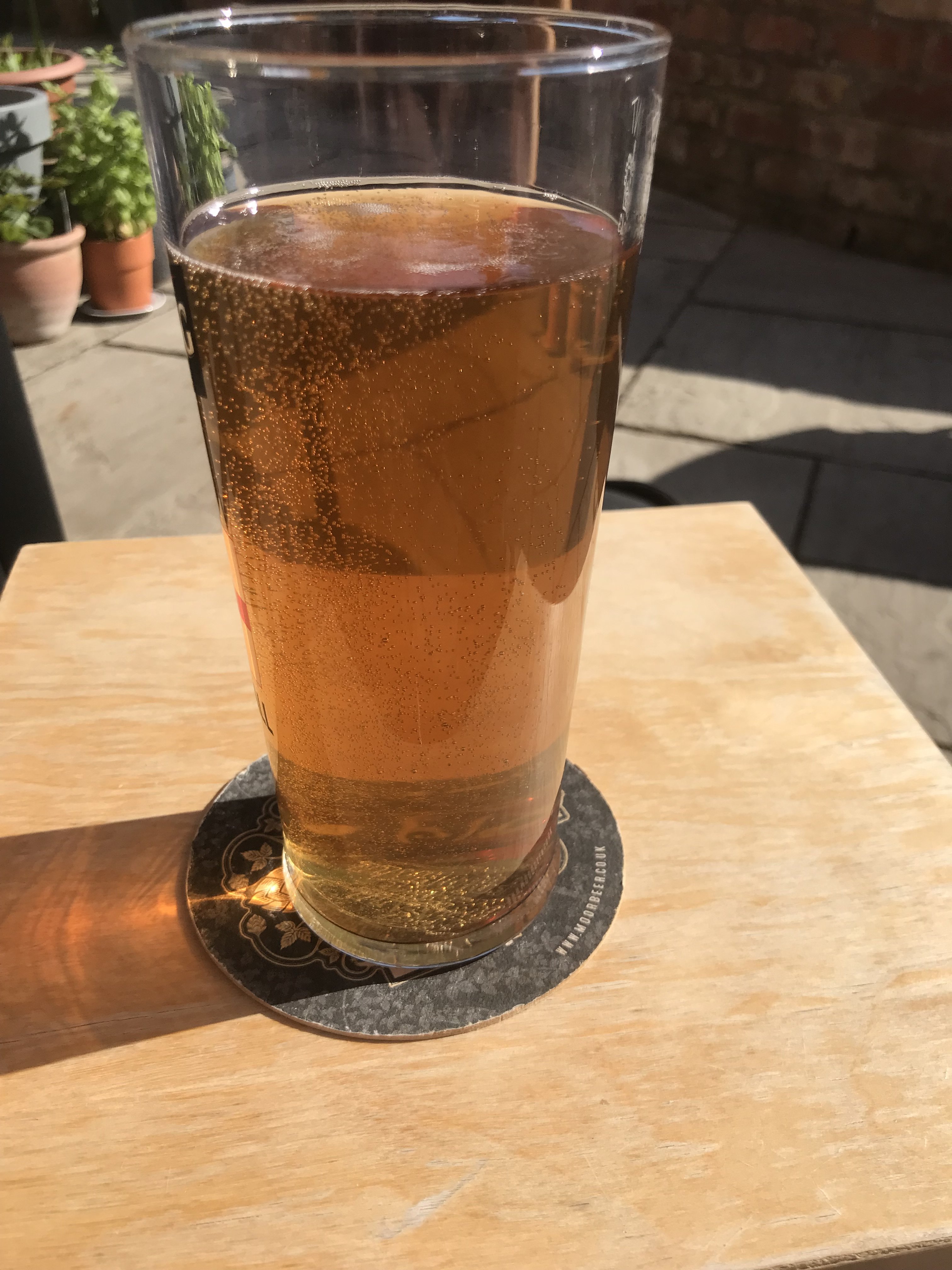worlddivides
Well-Known Member
We have a native speaker... of German telling us how it's spelled and pronounced... in German. Київ may be how Kyiv/Kyev is written in Ukrainian, but that doesn't mean it's the "proper way" of writing it in English. In this case, German and English are both West Germanic languages that are closely related unlike Ukrainian which is an East Slavic language, so it's easier for most native English speakers to write Kölsch than Київ. Since it's a term that is mainly only used among beer enthusiasts, you're unlikely to find it in an English dictionary, but words borrowed from other European languages typically have at least two correct spellings: one that uses the original language's typography and one that only uses English's native typography.I think that is the point I am getting at - common usage is not necessarily correct, just often used. And often used does not make correct. One can use ain't all they want but it is up the individual to decide how they want to be viewed. In this case, we have a native speaker showing us the proper way so choosing to continue down the "stated wrong path" is a choice of convenience, not ignorance.
This is a mountain out of a mole hill, but I see it as a movement in US society today. "We have our way, and it may be wrong but it is our way, so it is right...".
Not using an umlaut being a whole movement in US society of intentionally being wrong seems like a pretty huge jump. I don't even live in the US or an English-language country for that matter. In Japanese, Kölsch is pronounced "Kerushu." Should we demand Japanese people pronounce the L even though there is no L in Japanese? Should we demand they don't pronounce the "u" at the end because there's no "u" at the end in German even though Japanese doesn't work like that? Are all Japanese people continuing down the "stated wrong path"?
Last edited:



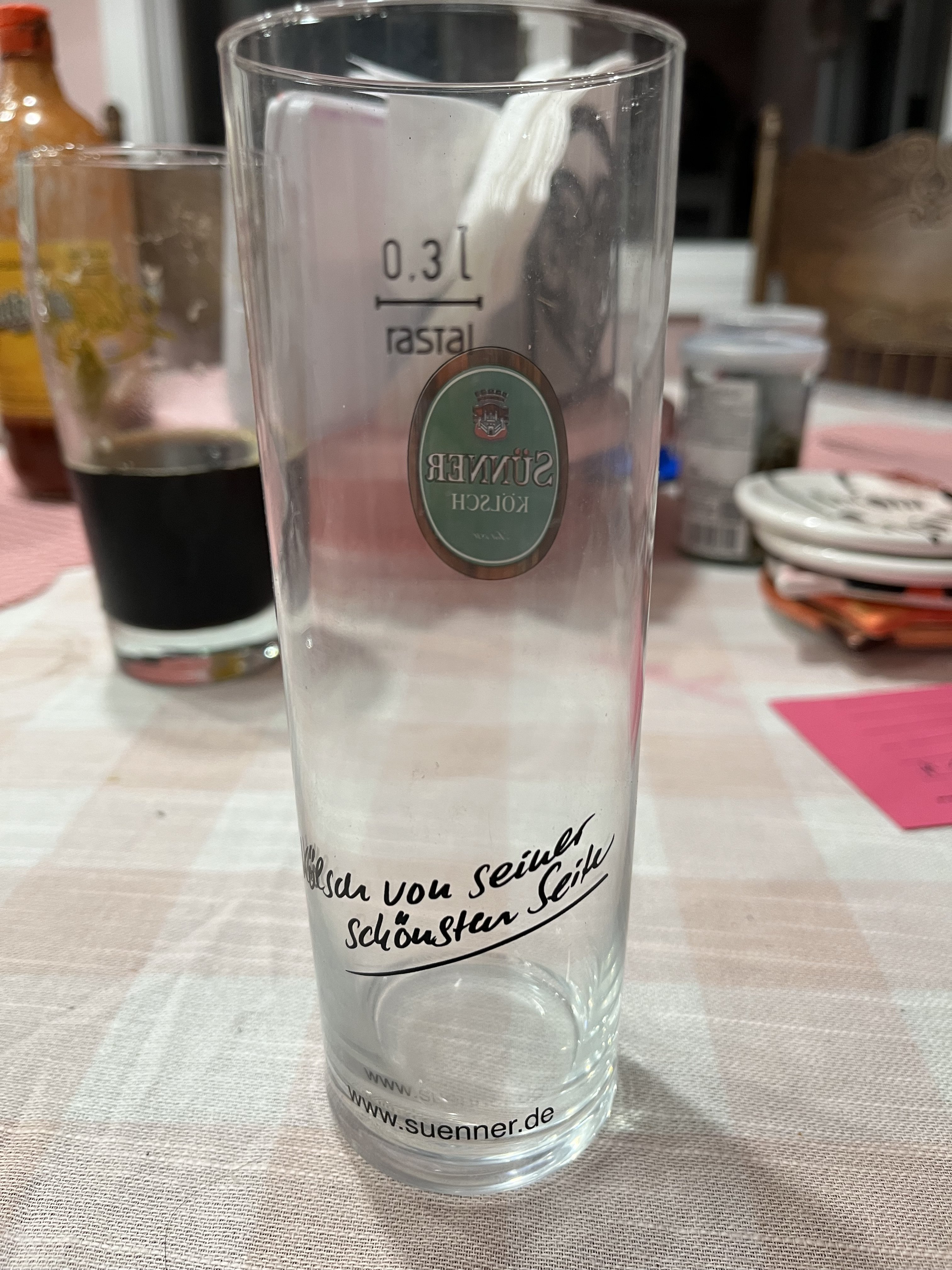
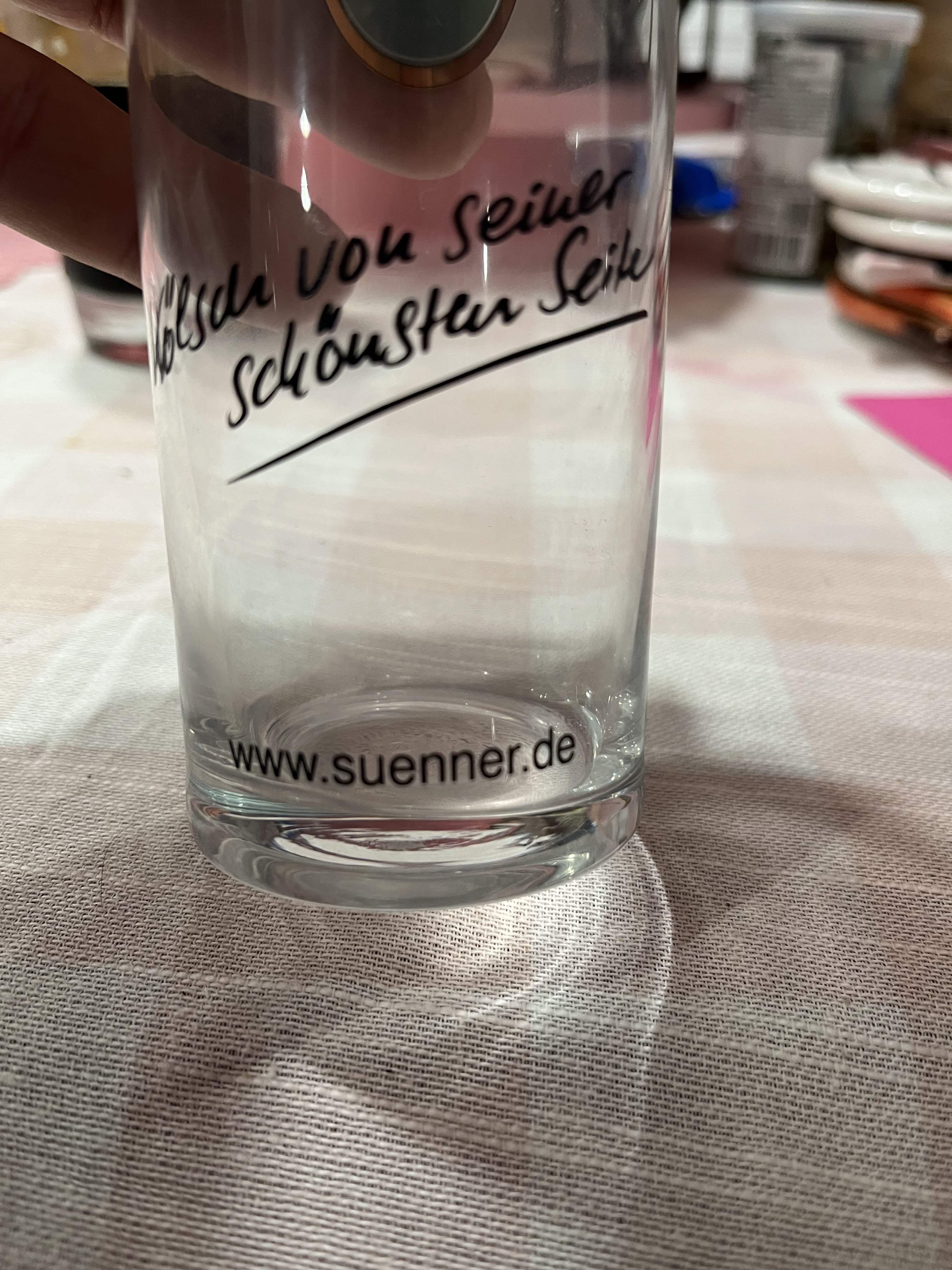
















![Craft A Brew - Safale S-04 Dry Yeast - Fermentis - English Ale Dry Yeast - For English and American Ales and Hard Apple Ciders - Ingredients for Home Brewing - Beer Making Supplies - [1 Pack]](https://m.media-amazon.com/images/I/41fVGNh6JfL._SL500_.jpg)







































